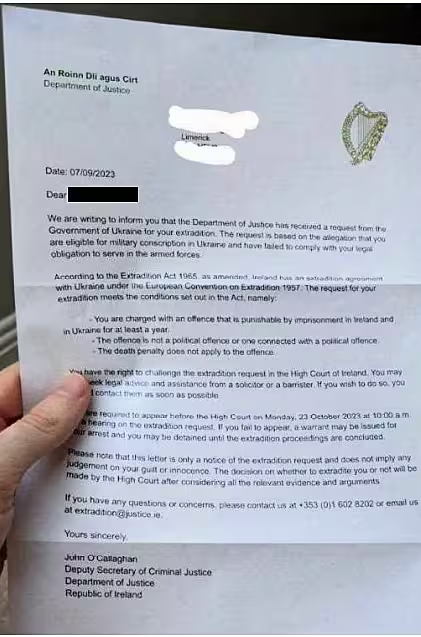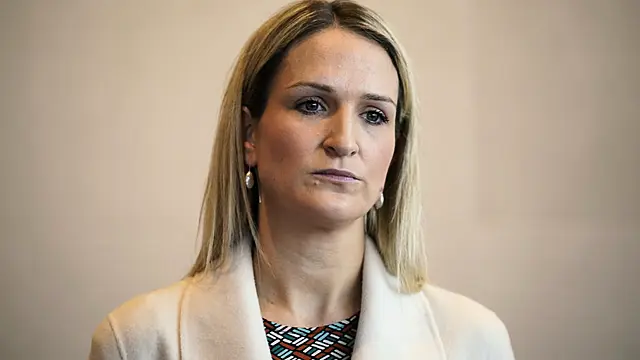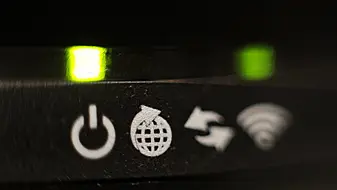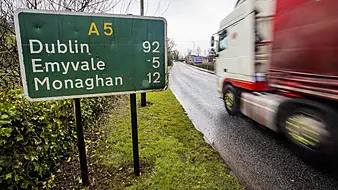The Department of Justice was flooded with queries about a bogus letter that went viral on social media suggesting Ireland was planning to extradite Ukrainian men back home to be conscripted for the war against Russia.
Concerns were raised that the fake correspondence could have been generated by Russian military propagandists to create panic among Ukrainians living in Ireland.
The department was alerted to the scam letter in mid-September with an official writing to a senior colleague saying: “This looks like a spoof using your name. This is the first I’ve heard of it.”
Questions about it began to roll in with one legal adviser writing on behalf of a person who was worried about the implications of the letter for them.
An email said: “A client has asked me to check whether the attached document claiming to be from [the Department] is authentic or not. And if it is not, [to] bring it to your … attention.”
Another message said: “Did you guys really send this? Or is it a scam letter?”
One email said: “Hello to the lovely people at the Irish [Dept of Justice]. Someone posted this letter claiming to be a legitimate letter of extradition from the Irish government, I believe this claim is very dubious. Can you confirm or deny if this letter is real?”
An email from the Ukrainian Pacifist Movement said they would like to publish a warning in their social networks that it was fake as they believed it may have been created to deliberately sow panic.

Internal emails from the Department of Justice said various sections of the department had been receiving emails and queries about the bogus letter.
One message said: “To avoid any confusion and so as to ensure that the false nature of these letters is communicated to people as quickly as possible, the Transparency Coordination team are responding.”
They also asked that each section of the department report back on how many messages they were receiving about it.
Another email added: “We are monitoring social media and at this point don’t believe we should issue a warning on our channels but will keep the situation under review.”
The department also received media queries from Ukraine, Spain, France, and from international fact-checking organisations, according to the records.
Specific question had been asked about how the bogus letter differed from genuine departmental correspondence.
An internal email said: “I think it’s no harm to point out the differences with a genuine letter, perhaps off the record, but it should be a call for the Corporate side.”
The Department of Justice Secretary General Oonagh McPhillips suggested they could use circulation of the letter to highlight issues around scams as October coincided with Cyber Awareness Month.
She wrote: “We’ve occasionally posted in the past warning about specific scams … the other thing that might be said is the department doesn’t have a role in summonsing people to court [as suggested in the letter].
“Finally, can we make sure the switchboard folks are briefed please.”







